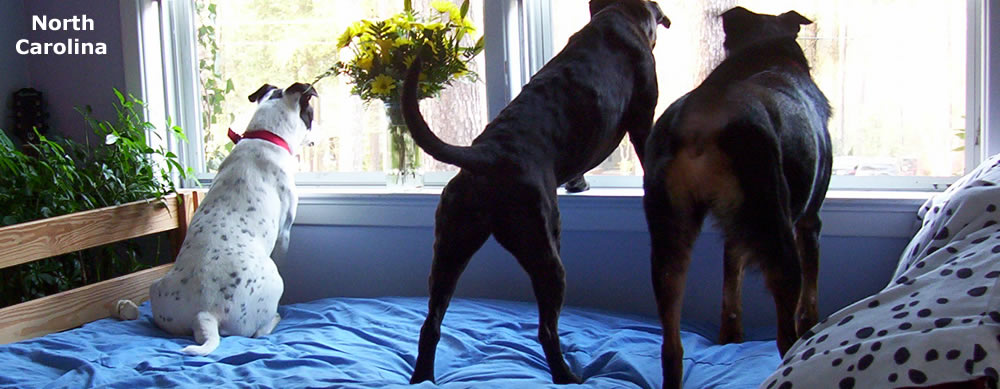

In chapter 26, Harry admits to Chris that he has strong feelings for Lori. Chris is surprised and concerned. Harry describes his encounter with Lori and her beloved dog.
Harry contacts Lisa Strong and asks if they can meet for lunch. Climbing back into his car after lunch, Harry suddenly feels several determined tears pushing their way out of his stubborn eyes. He wonders why? He suddenly realizes that after nearly 13 years, this was the very first time someone knowledgeable in water and air pollution issues in North Carolina had engaged with him in an honest and professional discussion about DuPont Fayetteville Works and the stunning retaliation in 2005. Instead, Harry had always enountered skepticism and disbelief, dismissiveness, or unexplained silence.
Chris gets to know Walt Wilkins who works on the floor above him in the Raleigh field office on Barrett Drive. Walt has a degree in chemical engineering from North Carolina State University in Raleigh. Chris is surprised and delighted that Walt asks him questions about the Fayetteville Works chemical manufacturing site and the specific fluorocarbon chemicals being released into the water and air. Walt is the first engineer in the agency willing to have a professional discussion with Chris about the history of DuPont Fayetteville Works and the environmental agency. Unlike so many others in the agency, Walt is not afraid of the conversation. He listens carefully and asks questions. They discuss how joint inspections between air and water, as well as integrating permits and inspections, might have helped prevent the agency's 12 year concealment of the discharges into the Cape Fear River.
Harry has lunch with Trey Donneth, a staff person in the agency's division of water quality, and learns that Trey had worked on a permit for the Fayetteville Works site prior to the Star News investigative report in 2017. Trey, who has a PhD in environmental engineering from North Carolina State University, explains that the information he was given seemed reasonable since he had no access to the large amount of information available to the agency staff working in the division of air quality. He points out that the joint inspection program between air and water did not apply to staff in Raleigh headquarters working on water and air permits. Surprisingly, the joint inspection program was discontinued in 2017 and agency field staff retreated back to their own silos. Chris, working in the division of water quality was quickly locked out of the iBeam database. He lobbied for read-only access and eventually, after a vote of the air quality supervisors, was allowed access.
Harry and Trey discuss strategies to persuade agency management to modernize the organization by restoring joint inspections between air and water staff, as well as integrating permit and inspection responsibilites. Clearly, Harry is frustrated that the state agency seems to have stalled on taking the blindfolds and handcuffs off the staff. Trey is skeptical of the agency's ability to modernize and break up the tight silos and compartments of air, water, and waste. He points out that nearly all of the mid-level agency bosses who lobbied the new administration to discontinue the joint inspection program were themselves products of the agency's old school silo system.
...
...
...
...
...
...
...
cast of characters
